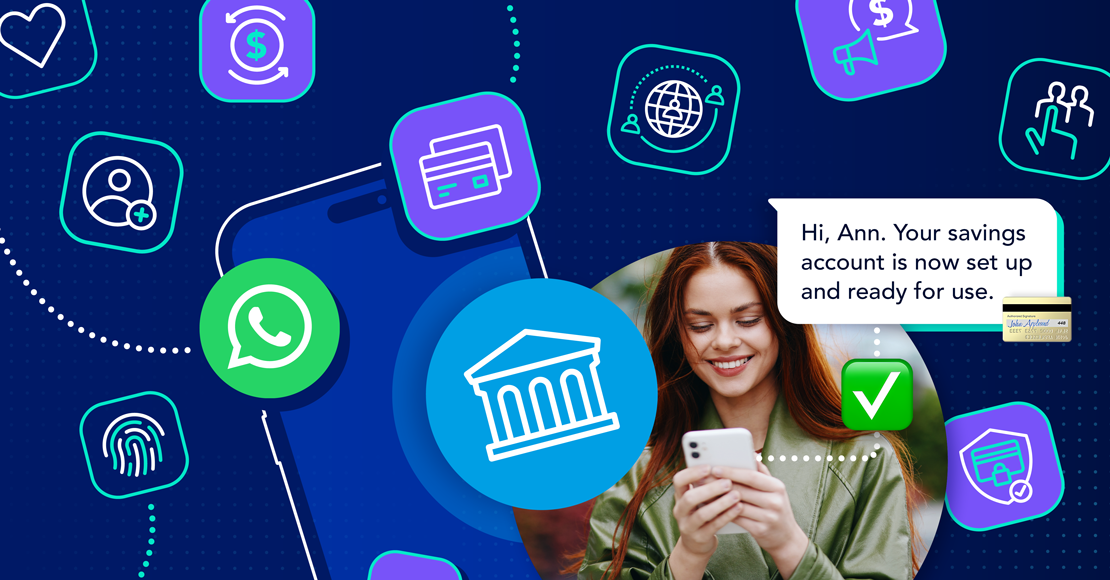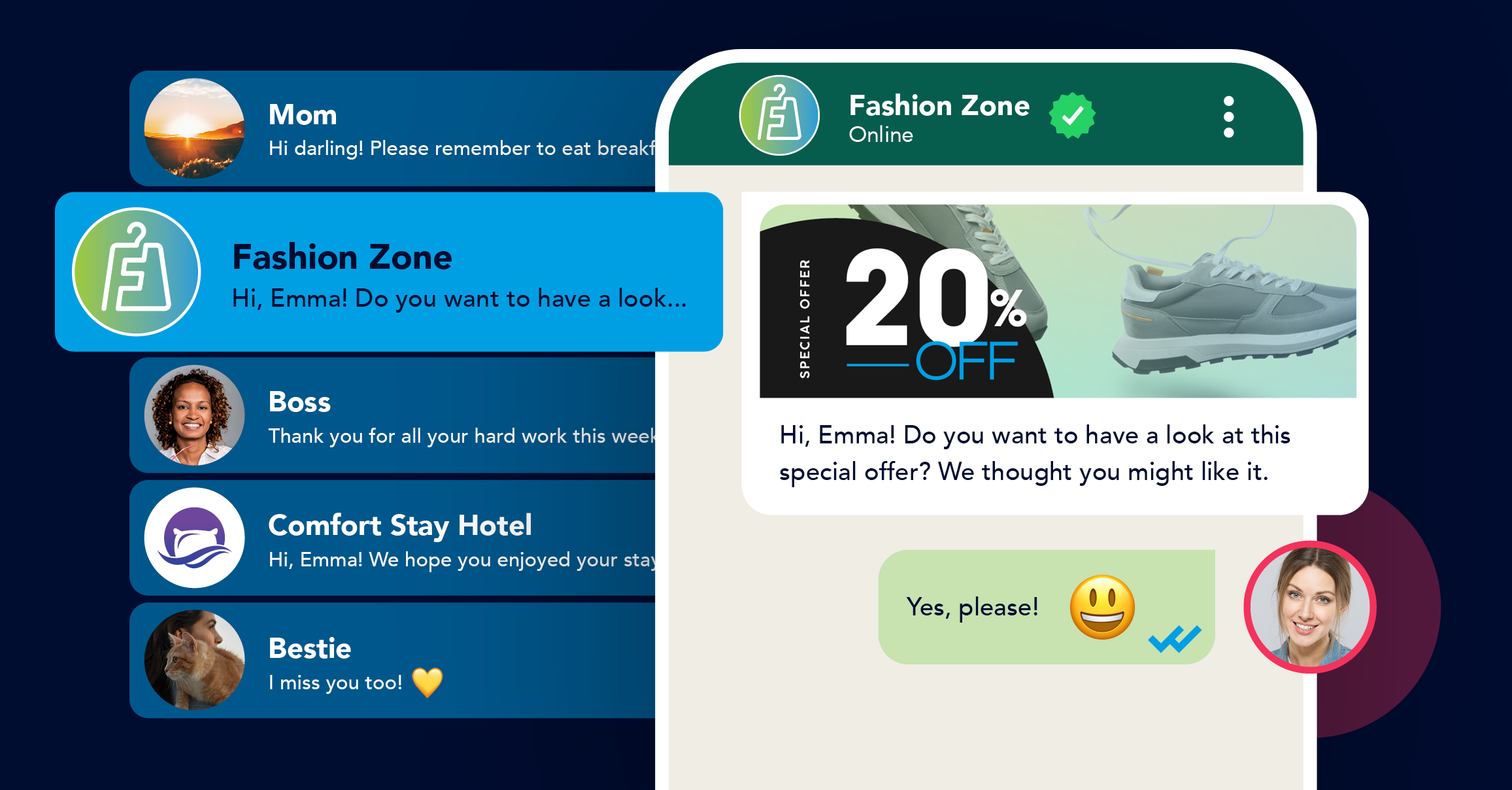
Our most recent guest, Steve Klebe, Business Development at Google Pay, has had first-hand experience with multiple waves of disruptive change in Financial Services. We discussed where he sees the industry heading next and what this means for banks, technology companies, and consumers alike. He shared a wealth of insights, including the “Uberization of Payments” and the powerful impact of 5G networks and voice on FinTech.
Career and Background
We began asking Steve about his career, which has spanned several major waves of transformation in the Financial Services industry:
ATM Machines
“The first company I worked for straight after college was an innovative, small company that sold CCTV security systems for bank branches and ATMs. This was right at the dawn of the rollout of Automatic Teller Machines, and it was where I got by my first taste for what was happening in electronic banking.”
Credit Card Processing
“After that, I joined a startup company at the time called Verifone where I worked for nine years as it grew. Up to that point, credit card processing had been very much paper-based, and I saw the entire world of payment processing and point of sale be completely revolutionized during this nine-year period.”
Internet Commerce
“The next company I worked at was CyberCash, which was right at the dawn of internet commerce and it was the very first internet payment gateway. I spent probably the next 14 years in internet commerce at CyberCash and then I moved on to CyberSource, which is now part of Visa.”
Mobile
“Then the next major wave, which is where I am today, is mobile. The smartphone is really becoming the new ‘go-to’ platform for payments.”
We also asked Steve about key mentors who helped shape his career:
“There have been some amazing people that have mentored me throughout my career:
Greg Lewis. Greg hired me to work at Verifone which is where I cut my teeth in the payments space. He gave me incredible freedom to take on different roles and start participating in various industry associations. Both of these aspects contributed significantly to shaping how my career evolved.
Bill McKiernan. Bill hired me to run sales and BD at CyberSource. He and I butted heads over the nine years I was there but he valued my domain contacts and knowledge and allowed me to have a significant influence in the strategy and key partnerships that I led, such as the $5M investment from GE Capital and $1.5M investment and product co-development that we did with Visa.”
The Next Wave: Voice
Having first-hand experience with these four major industry transformations, we asked Steve what he thinks might be the next wave of FinTech innovation: “If we look out a few years from now, I would say there is going to be overlapping evolution among these earlier waves. Internet commerce is still relatively nascent and has a long way to go. Some of it's going to happen on mobile, and some of it's going to happen on other platforms. The other major potential new area that might not replace, but would supplement, these earlier waves are the whole area of voice commerce. This includes technologies like Google Assistant, Alexa, Siri, etc. I think there is huge potential for a lot of commerce to start happening purely by voice, but again, this would all sit on top of these earlier platforms. If we didn't have electronic payments, and we didn't have the internet, then the whole voice commerce thing wouldn't happen. So one is not going to replace the other, but they will evolve together with each other.”
Geographic Differences in Payments Infrastructure
We asked Steve about the differences between countries in the adoption of mobile payments and whether advances in some countries are impacting others: “Geographic distinctions in payments have existed for a long time. For example, in Germany people tend to still want to pay with cash. In Canada, everybody wants to use debit, whereas in the US it is credit. In Japan, people want to pay with prepaid cards, and in China, mobile apps such as AliPay have really taken off. One major difference is not just with the apps but also the construct of the infrastructure behind these apps and the financial rails that are sitting underneath. There is a trend that hasn't hit the US yet towards what's called Open Banking. Here in the US, the vast majority of electronic traffic transactions are run through the major companies like Visa, MasterCard, Amex, etc, whereas these new systems are tending to run on open banking rails rather than being tied to a card network. There's also a fundamental construct difference, which is do you want to work with the existing banking ecosystem (Google's approach), or do you actually want to hold the funds and be like a bank like the new mobile apps in Asia? In the latter case, you as the consumer are actually letting these entities hold your money, and whether they are forced to register as actual banks depends on the various regulatory structures that exist in the country. In Google’s case, we don't want to become a bank, we want to help end-users have a seamless and secure financial experience. We do this in such a way that we're not becoming a bank, and we've worked very hard to hold a clear line of demarcation.”
Future Transformations in Consumer Experience
We asked Steve his thoughts on the biggest changes that the average consumer will experience in the next five years or so: “I do think that more and more payments will go digital. With 5G, the experience of transacting digitally is going to blow people's minds. Most people don't realize that experiences like ordering and paying for an Uber just was not possible in a 3G world. The experiences would have been so painful that it wouldn’t have happened. But in a 4G world, it was fine and in a 5G world, the experiences are going to be unbelievable. I think payments are going to become embedded, you could think of it as ‘the Uberization of Payments’ where you set it up once and it just happens automatically, like when you step out of the car you're done. With the next evolutions in voice commerce, the experiences will improve even further. Today when you step out of the Uber, you have to push a few buttons and decide what tip you want to give, etc. I would envision soon that your phone will verbally ask you how much you would like to tip Jane the Uber Driver for that ride, for example.”
Steve continued: “Another change will be in NFC (Near Field Communication) payments. These have lagged behind so far in the US, but COVID is speeding up the adoption. I think in the next five years we will quickly go from contactless payments in the low single digits to probably the mid-double digits. I think we will see 35% to 50% or 60% of all payments be contactless here in the US in the next three to five years, from maybe 2% or 3% now.”
Challenge for Banks to Add Value
We asked Steve about the future of banks in the US: “In the US market you have thousands of banks and it's an extraordinarily fragmented market. The payments landscape is very complicated. In order to serve merchants, especially now, it's no longer good enough to give them a Verifone terminal and then life goes on. Merchants now expect integrated systems: they expect an e-commerce solution in addition to a physical world solution, and they expect these two solutions to work together. So the bar has been raised very high. You now have companies like Square and Stripe that have sprung up because merchants were getting frustrated. They wanted sophisticated solutions and most of the legacy banks were just offering very black and white mundane solutions. These companies have created a nice front end layer, while the transactions are still being processed behind the scenes using the legacy big bank licenses and infrastructure. What has happened is that the banks have been relegated to the commodity portion of the revenue stream, and the value-added part has been picked up by these outer layer companies like Stripe, etc. The banks have realized this and are now trying to fight back, but it is leading to an incredibly fragmented ecosystem. I think it's only going to get even more complicated in the next five years.”
Recommended Industry Resources
We asked Steve about his top-recommended resources for staying up to date in the industry: “I read lots of different resources. Every single day I read the Glenbrook newsletter. I also get a bunch of other newsletters. I've read the Glenbrook Primer Book that they have published, and I recommend it to people fairly regularly. Glenbrook is a boutique consulting firm that focuses on this industry. Every year JP Morgan publishes a very comprehensive overview of the entire payments industry, it's one of the best I've seen. I also follow FT Partners, they follow all the M&A activity in FinTech. I would also put a plugin for the Electronic Transactions Association, which I'm on the board of. Unlike the many ‘Pay to Play’ entities out there with questionable content, this is genuinely a nonprofit trade association that covers the electronic payments world and I think it's definitely something people should be aware of and pay attention to.”
We are very grateful to Steve for taking the time to share a wealth of insights and look forward to further discussions with him in this series.
Step into the future of business messaging.
SMS and two-way channels, automation, call center integration, payments - do it all with Clickatell's Chat Commerce platform.








